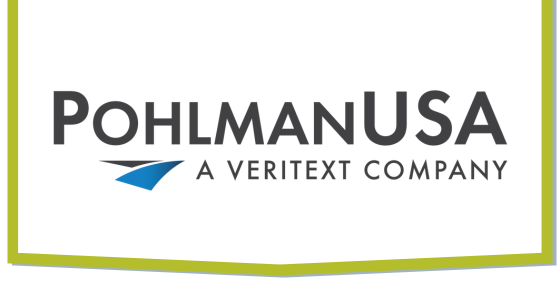The Benefits of Using Focus Groups for Your Business or Organization

Making business decisions can be significantly easier when you have the right information. Many organizations and businesses use focus groups to gather valuable information from specific market audiences. Focus groups can be beneficial in a wide variety of industries, including:
- Advertising/Marketing Agencies
- Automobile Designers
- Cities and Counties
- Entertainment Industry
- Grocery Retailers
- Hospitals/Doctors
- Law Firms
- Lobbyists
- Restaurants
- Schools
What is a focus group?
A focus group is a group of people recruited to participate in a guided discussion to provide feedback on specific topics. A moderator typically guides the group through different questions and discussions. Businesses and organizations use focus groups to gather different types of data. They can provide useful information in product development research, marketing and branding techniques, and many other situations.
What can you learn from a focus group?
By asking questions of the group, a business can measure reactions to new products or services. An organization can gauge public perception to specific initiatives. With a focus group, follow-up questions can be asked and a discussion can be held that may result in immediate suggestions for improvements that can be made to products, services, or marketing messaging. The key benefit to focus groups is that they can gather important information efficiently. When compared to the method of individual interviews, information is gathered more quickly in a group setting. An organization can use focus groups to:
- Identify customer needs
- Test new products
- Identify how a particular product is used
- Explore and identify issues of satisfaction for customers, staff or suppliers
- Explore perceptions of brand and service elements associated with the brand
Tesla Improves Product to Appeal to Women
In 2015, Tesla utilized focus groups to discover how to properly market their product to women. Tesla asked women what features they found important to them when buying an SUV. The answers they received allowed the company to create the Tesla Model X, an SUV-minivan mix, with space for seven passengers, a third row of seating, and expansive trunk space. The attention to the underserved market of female buyers paid off. A large number of the pre-orders for the Tesla Model X were made by women.
Main Street Hagerstown Uses Focus Groups to Plan Community Events
When Main Street Hagerstown set about to plan community events in Hagerstown, Maryland, they used focus groups to discover the needs and desires of the community. In 2017, Main Street Hagerstown held focus groups with downtown business owners and groups of consumers. The answers they received to specific questions allowed them to plan events that the community cared about—events focused more on food, music, and the arts in Downtown Hagerstown.
Cedarburg School District Develops Solutions With the Assistance of Focus Groups
Recently in Cedarburg, Wisconsin, when tasked with creating a long-term plan for the school district, the school district leaders chose focus groups as one of the methods to gather more information to make competent decisions. The District conducted more than 20 focus groups to identify areas that needed attention, such as building capacity, large assembly spaces, security and infrastructure. Armed with the information received in the focus group, as well as data gathered from other methods, the District can now develop solutions in those areas of concern.
Preparing For a Focus Group
Conducting a focus group is not for the faint of heart. They take a lot of time, preparation, and energy. First, determine if you will conduct the process on your own or use an experienced expert in the field. If you are determined to run it on your own, remember that people you recruit as participants are important but so is the time you spend preparing.
Take care in deciding the kinds of audience members you want to recruit, their demographics such as age, gender, or product familiarity. Choose participants who have the background necessary to knowledgeably discuss the topics at hand.
If you feel utilizing an expert to assist you will provide you the best results with less stress, start by locating a reputable provider. Ask for referrals from other colleagues or call focus group agencies. Decide if you would like to hold the focus group at their facility or your own. Decide the number of participants you wish to have in the focus group. Your focus group provider can give guidance in making these preliminary decisions and walk you through the steps to set up the exercise.
With the right preparation and planning, conducting a successful focus group can give you insight into the feelings, needs and thought processes of your target audience.
